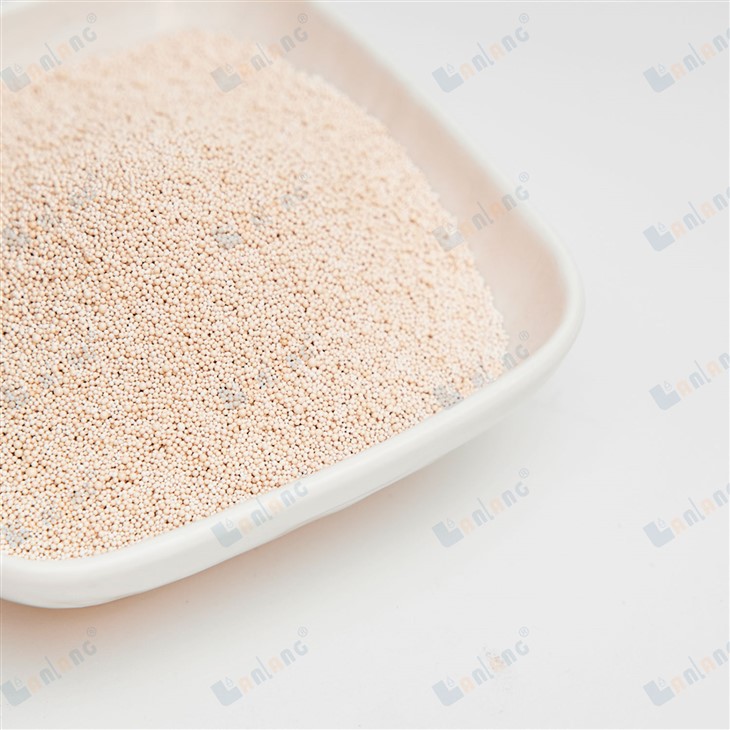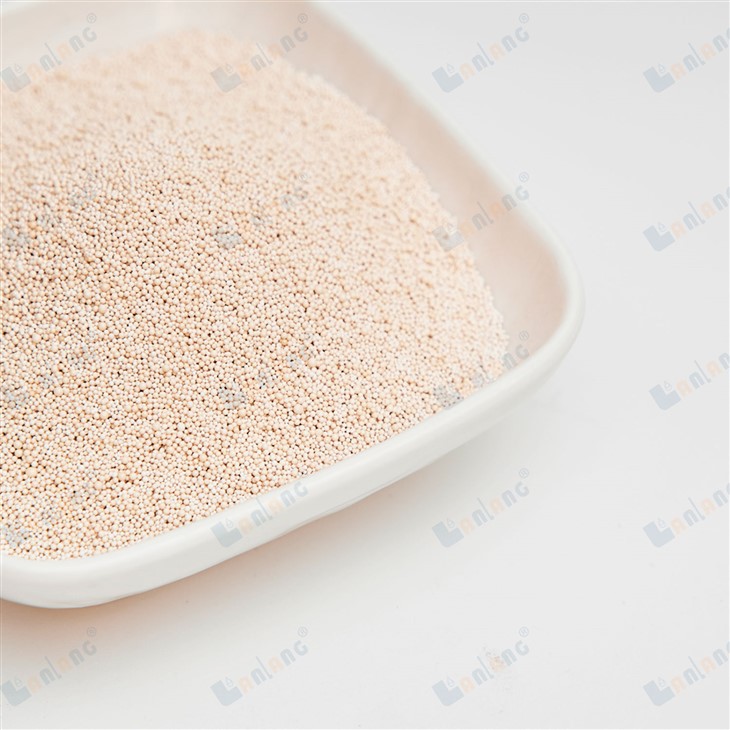Can chelating resin be used in the treatment of oil - containing wastewater?
Hey there! I'm a supplier of chelating resin, and I've been getting a lot of questions lately about whether our chelating resin can be used to treat oil - containing wastewater. So, I thought I'd take some time to dive into this topic and share what I know.
First off, let's talk a bit about chelating resin. Chelating resin is a type of ion - exchange resin that has special functional groups. These groups can form strong chemical bonds with specific metal ions. It's super useful in a bunch of industries, like heavy metal recovery, brine refining, and mercury removal. You can check out more details about these applications here: Chelating Resin for Heavy Metal Recovery, Chelating Resin For Brine Refining, and Chelating Resin For Remove Mercury.
Now, onto oil - containing wastewater. This kind of wastewater is a real headache for many industries. It comes from places like oil refineries, petrochemical plants, and even food processing facilities that use a lot of oil. The oil in the water can cause all sorts of problems, like environmental pollution, damage to water treatment equipment, and interference with biological treatment processes.
So, can chelating resin be the answer? Well, it's a bit complicated.
One of the main ways chelating resin works is by capturing metal ions. In oil - containing wastewater, there are often trace amounts of heavy metals present. These metals can be complexed with the chelating groups on the resin. For example, if there are metals like copper, nickel, or lead in the oil - water mixture, the chelating resin can grab onto them. This not only helps in removing the heavy metals from the water but also has some indirect benefits for oil treatment.
Some heavy metals can act as catalysts for the oxidation and degradation of oil components. By removing these metals, we can slow down the unwanted chemical reactions in the oil - containing wastewater. This can prevent the formation of more complex and hard - to - treat oil compounds.
Another aspect is that chelating resin can change the surface properties of oil droplets in the water. When the resin is added to the wastewater, it can interact with the oil - water interface. This interaction can lead to the aggregation of oil droplets. Once the droplets are bigger, they are easier to separate from the water through methods like flotation or sedimentation.
However, there are also some challenges. Oil can coat the surface of the chelating resin. This coating can block the access of metal ions to the chelating groups, reducing the resin's effectiveness. And if the oil content in the wastewater is really high, the resin might get so clogged up that it stops working altogether.
To overcome these issues, pre - treatment of the oil - containing wastewater is often necessary. For instance, we can use physical methods like filtration or skimming to remove the bulk of the free oil before introducing the chelating resin. This can help protect the resin and ensure that it can perform its metal - removing and oil - aggregating functions.
In some cases, we can also modify the chelating resin to make it more resistant to oil fouling. By changing the surface properties of the resin, we can make it less likely to attract oil. Research is ongoing in this area to develop more advanced and oil - tolerant chelating resins.
In real - world applications, there have been some successful cases of using chelating resin in oil - containing wastewater treatment. In a small - scale oil refinery, they used a combination of pre - treatment and chelating resin treatment. After the treatment, the heavy metal content in the wastewater was significantly reduced, and the oil separation efficiency was improved. This led to a cleaner effluent that was easier to discharge or further treat.
So, to sum it up, chelating resin can definitely play a role in the treatment of oil - containing wastewater. It can help with heavy metal removal and oil separation, but it needs to be used in the right way, often in combination with other treatment methods.


If you're dealing with oil - containing wastewater and think chelating resin might be a solution for you, I'd love to have a chat. We can discuss your specific situation, the composition of your wastewater, and how our chelating resin can be tailored to meet your needs. Whether you're from an oil refinery, a chemical plant, or any other industry with this problem, don't hesitate to reach out. Let's work together to find the best solution for your wastewater treatment challenges.
References
- Smith, J. (2020). "Advances in Wastewater Treatment with Chelating Resins". Journal of Environmental Science and Technology.
- Brown, A. (2021). "The Role of Chelating Resins in Oil - Water Separation". International Journal of Waste Management.
